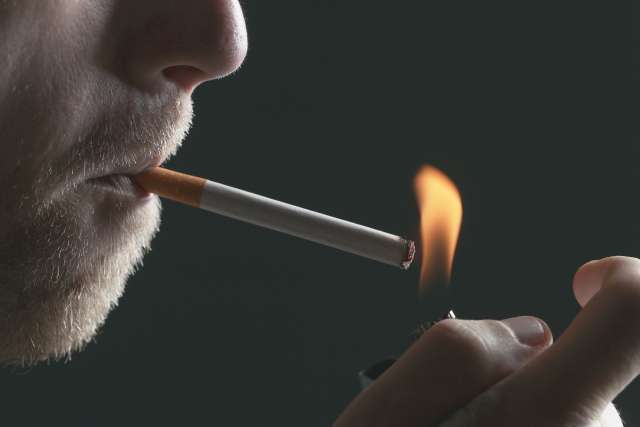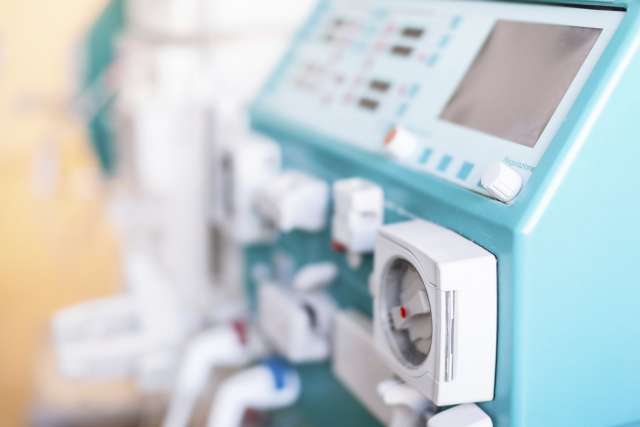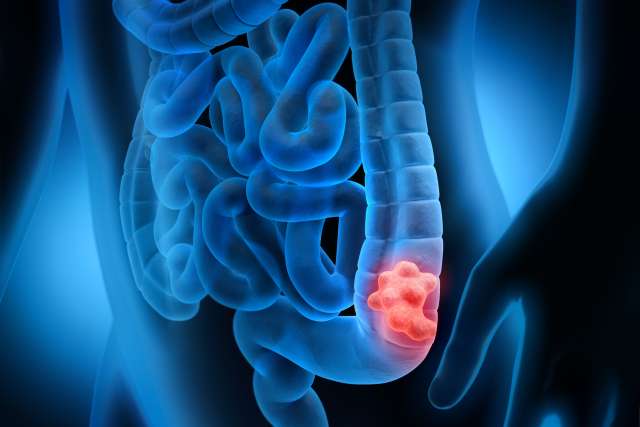Dear Doctors: Our mom is 76 years old, and she just learned that she has congestive heart failure. She's scared it means she's going to die soon. What happens in congestive heart failure? She was a heavy smoker for much of her life. Could that be why this is happening?
Dear Reader: When someone has congestive heart failure, it means their heart is no longer able to pump blood efficiently enough to meet the body's needs. It may be that the chambers of the heart are unable to fill up with enough blood during a heartbeat, or that the heart muscle is too weak to pump properly. In either case, it reduces the amount of blood that the heart is able to send to the tissues, which deprives them of adequate oxygen and nutrients. This leads to symptoms such as shortness of breath; weakness and fatigue; irregular heartbeat; wheezing; a persistent cough; and swelling in the ankles, feet and legs.
An estimated 6.7 million adults in the United States are now living with congestive heart failure. It can occur suddenly, when either illness or injury damages the heart muscle. In the majority of cases, though, the condition develops slowly, often as a result of a chronic medical condition. These include hypertension, diabetes, arrhythmia, a range of diseases that affect the muscles and valves of the heart, and chronic kidney disease. Being overweight or obese and being sedentary can also contribute to the condition. It is also possible for cancer treatments, including chemotherapy, radiation and some immunotherapies, to damage the heart and lead to heart failure.
As you suspected, smoking often plays a role. Studies have found that smokers develop congestive heart failure at twice the rate of those who have never smoked. Nicotine, along with the numerous chemicals that are added to tobacco products, causes physiological changes in the body. These include sudden surges in blood pressure, inflammation of the cells that line the blood vessels and a buildup of plaque that narrows the arteries.
Although there is no cure for congestive heart failure at this time, the condition can often be successfully managed. Treatment includes lifestyle changes and medications and may sometimes require the use of medical devices, such as a pacemaker, to keep heart rhythm in a safe and healthy range. If someone is an active smoker, it is imperative that they stop. A healthful and balanced diet, along with an exercise program tailored to their specific needs and abilities, is also important.
Medications are used to manage fluid buildup and to lessen the risk of stroke. Patients are often advised to follow a medically supervised program known as cardiac rehab. It includes supervised exercise, health education and counseling to manage anxiety, stress and depression.
A diagnosis of congestive heart failure can be quite frightening. Put the words “heart” and “failure” together, and the outlook immediately seems bleak. But with proper medical care and adherence to lifestyle changes, it is possible for people living with this diagnosis to lead enjoyable and productive lives.
(Send your questions to [email protected], or write: Ask the Doctors, c/o UCLA Health Sciences Media Relations, 10960 Wilshire Blvd., Suite 1955, Los Angeles, CA, 90024. Owing to the volume of mail, personal replies cannot be provided.)





